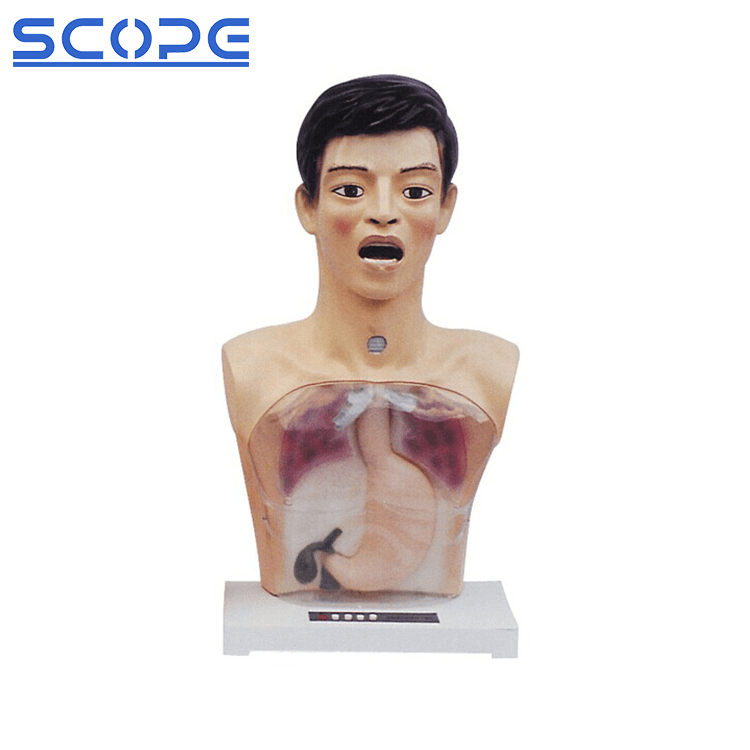How Can Manikins Help Clinicians Improve Their Skills?

Manikins are a useful tool for improving clinical skills in a variety of ways, so they are a common feature in medical education and training. Here's a detailed breakdown of their impact.
l Enhanced Psychomotor Skills: Manikins provide a safe and controlled environment for practicing essential clinical skills like CPR, IV insertion, and surgical techniques. This repetition improves muscle memory and dexterity, which leads to better performance in real-world scenarios.
l Reduced Risk of Errors: Manikins offer a safe learning and experimentation environment, with no risk to patients from errors. This enables trainees to assess their abilities and identify areas for improvement while ensuring patient safety.
l Increased Confidence and Preparedness: Practicing on manikins improves confidence and readiness for clinical scenarios. This reduces anxiety and allows trainees to approach patient care with confidence.
l Standardized Training: Manikins offer consistent training experiences to all students, regardless of instructor or location. This helps to maintain high-quality standards in medical education.
l Variety and Flexibility: The variety of manikins available allows for targeted training in specific procedures and scenarios. This addresses a wide range of medical specialties and training requirements.
l Communication and Teamwork Training: Using manikins in simulated patient encounters can enhance communication, history-taking, and physical examination skills in a realistic setting. This promotes teamwork and collaboration among healthcare professionals.
l Advanced Skills Development:Advanced manikins with complex features, including simulated drug responses and procedures, help students practice critical thinking and decision-making in emergency situations.
l Benefits Across Disciplines: Manikins are used in healthcare fields like nursing, dentistry, and physical therapy to develop and train skills for their respective professions.
l Accessible and Cost-effective: Manikins offer a cost-effective training alternative to real-world scenarios and patient volunteers.
l Objective Performance Assessment: Manikin-based training offers a structured and objective assessment of performance metrics like accuracy, speed, and decision-making. This provides useful feedback for improvement and identifies areas that need more training.
Manikins are useful for more than just practicing fundamental skills. They offer a versatile platform for honing a variety of clinical skills, increasing confidence, encouraging communication and teamwork, and, ultimately, improving patient care through better-prepared healthcare providers.
- Art
- Causes
- Crafts
- Dance
- Drinks
- Film
- Fitness
- Food
- Games
- Gardening
- Health
- Home
- Literature
- Music
- Networking
- Other
- Party
- Religion
- Shopping
- Sports
- Theater
- Wellness


